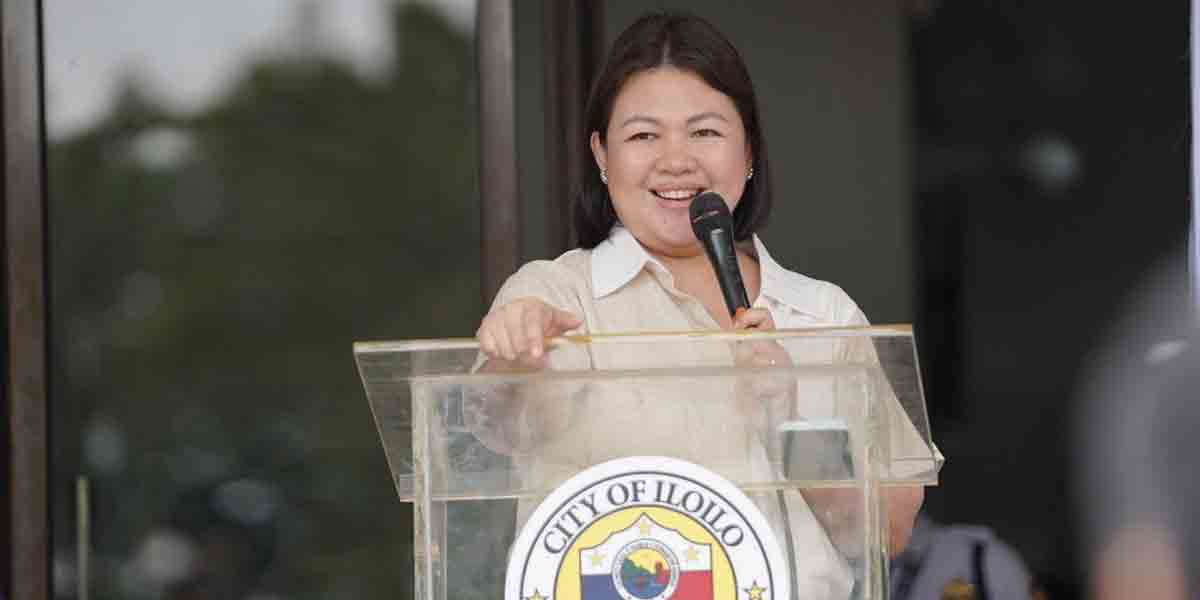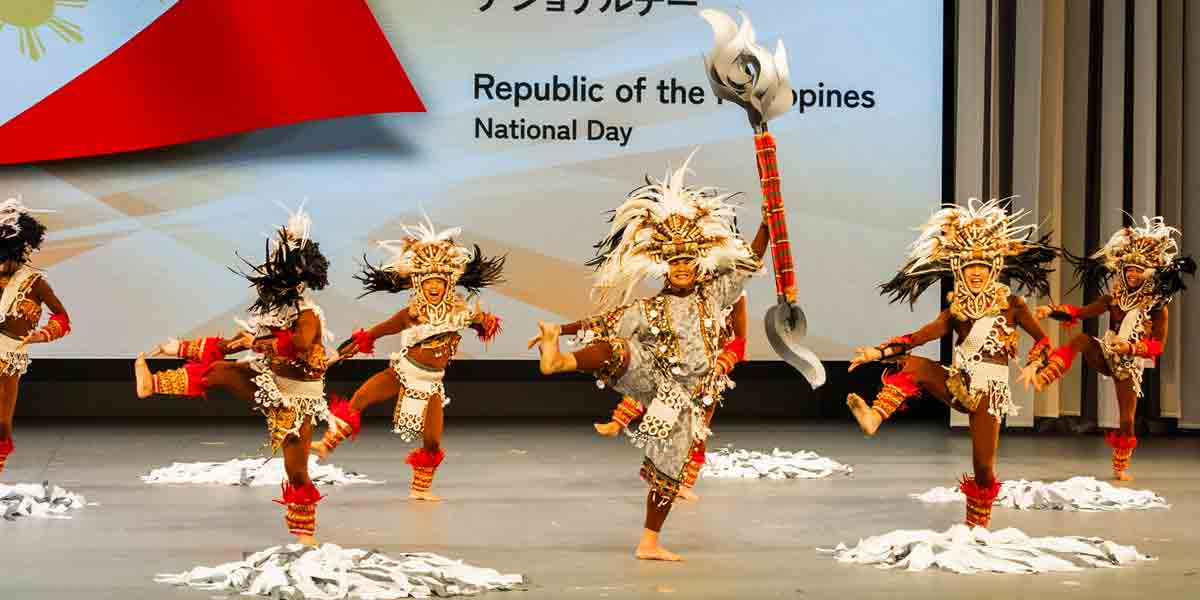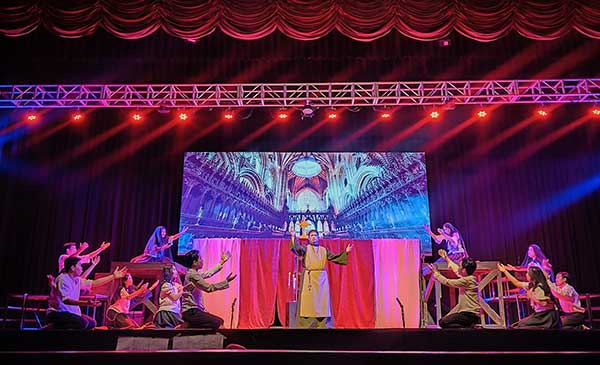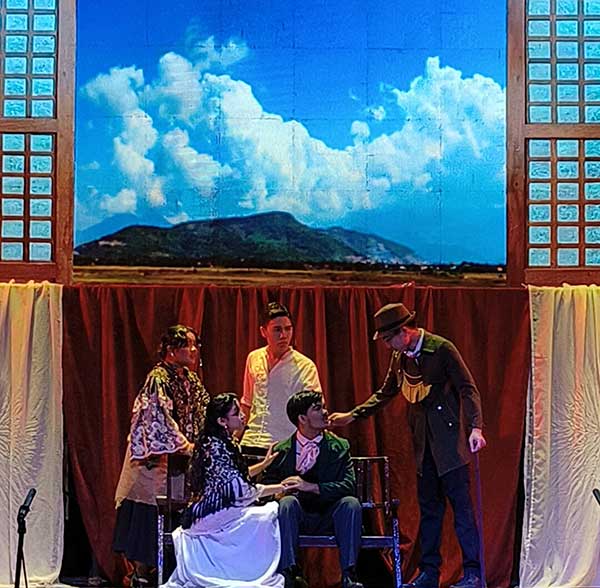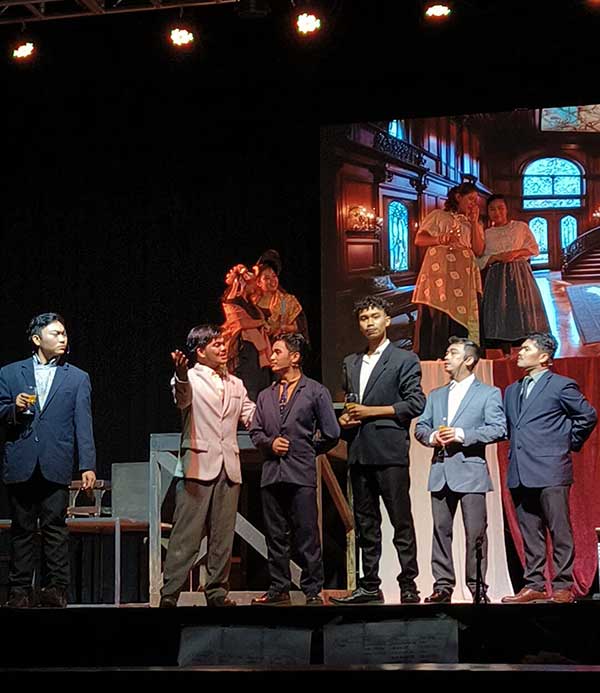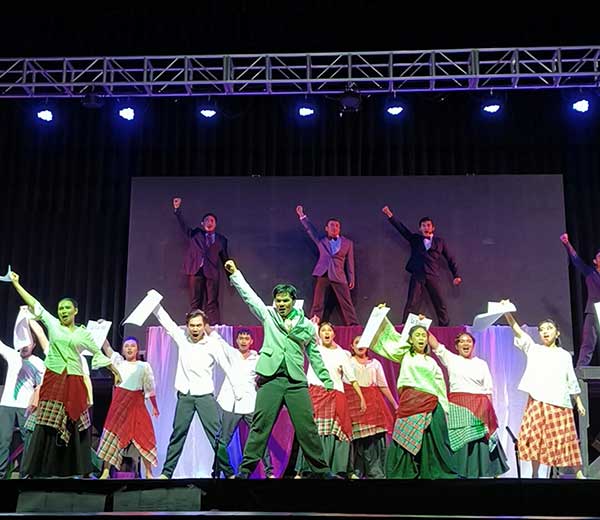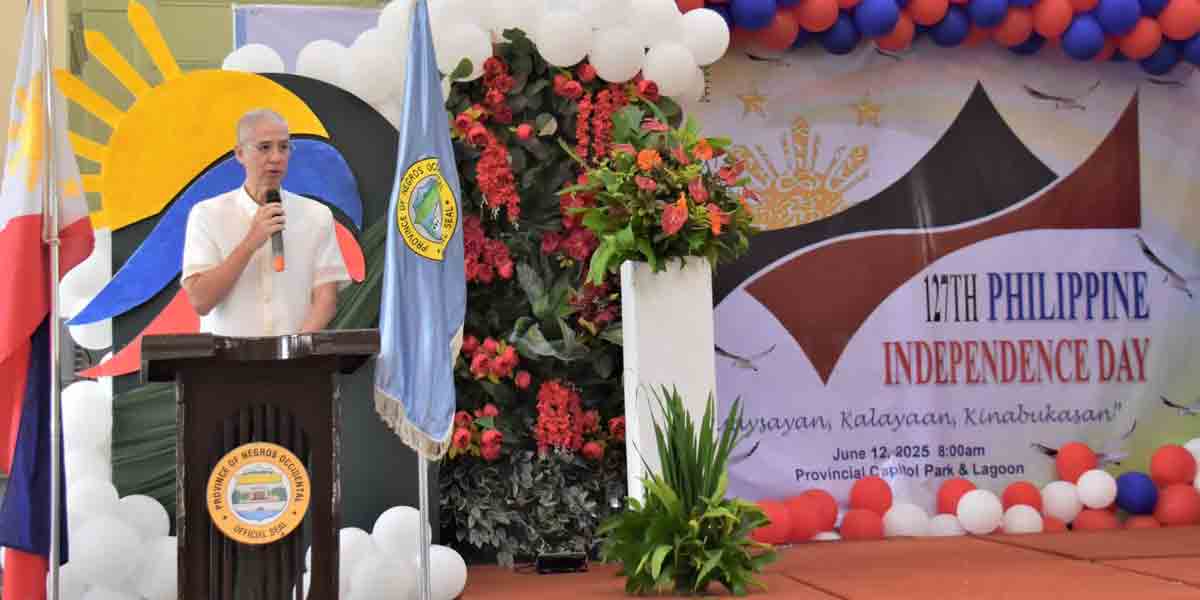By John Anthony S. Estolloso
It’s not exactly Hamilton but there is much promise between the lines.
The recent decade has witnessed a resurgence of musicals and plays that put the limelight on national figures. Essentially, these are not biographies nor to these have any aspirations to be considered ‘history’. However, they humanize these historical characters, highlighting triumphs and underlining failures which remind contemporary audiences and readers that they too were flawed people: where history becomes too bland, then art takes over.
Graciano López Jaena was not an exemption. Other than appreciating him as the Ilonggo propagandist among the ilustrados, most of the information we got from our textbooks would only speak of the journalist-editor and the orator among the Filipino expatriates in Spain. Little is told about his romances and much less of his personal idiosyncrasies: one is more familiar perhaps of his cold, forbidding statue at Jaro Plaza. Whatever other details of his relatively drab life is left to the realm of the serious historian.
‘Our very first hippie and beatnik.’ That was how Nick Joaquin described Jaena in his A Question of Heroes. The writer snidely comments on the paradoxes of the hero, framing him as the ambitiously embittered ilustrado who had to succumb to the Spanish liberal government in his personal quest of forwarding the interests of his country. Fray Botod and La Solidaridad would forever be attached to his name, but the impoverished though carefree life at Barcelona became the highlight of his short days: his eloquence at the podium sharply contrasted the callousness of his manners, his stirring speeches were as fascinating as the occasions when he ate sardines and wiped his oily fingers on his clothes. But it was always la vie boheme for Jaena and nary a moment was spared for the shallow and the trivial: notorious satirist in his teens, enfant terrible by 20, disillusioned journalist by 30, and dead months before turning 40.
Now, he has a musical of his own.
Originally conceived as a zarzuela with more dialogue than songs, Ciano was first directed by Dr. Majella Palacios, founder of West Visayas State University’s Little Theatre (Teatro Dagami). Now, Uway Theatre Company, Inc. has taken on the mantle of production: the revamped musical – staged at the university’s Cultural Center – transformed the original work into something akin to a pop operetta. Directed by Geofrey Obe, the renascent staging was replete with music, dance segments, and soaring solos and chorales: practically every ingredient for a promising musical hit about a historical personality.
But like every musical adaptation attempting to compress biographies or the literary canon in a two-hour show, Ciano has its fair share of storytelling quandaries. The first act opened with scenes from the fiercely anti-clerical Fray Botod, staged as a farcical play-within-a-play. While the acting was sharp and vibrant, the exposition stumbled with the lack of contextual setting: the text at the background arrived too late perhaps. Following this introduction, the narrative segued to Jaena’s early courtship, contrasted by his debacles with the Spanish authorities. The frenetic pace of the story rushed through the introspective details that could have revealed so much more about the hero. Before the audience grasped the gravitas of Jaena’s situation, he was already setting out for Spain and the stage was set for the next act.
Jaena as editor and orator took up the bulk of the second act. The characterization was fervid, impassioned, and stirring but it fell victim to the trap of romanticizing history. The ilustrados were portrayed as bon vivants while glossing over the hardships of exile – and for a historical period that championed verismo, it became a point of contemplation if the truth of the matter was just about bailes and bonhomie. On the musical side, leitmotif could have been maximized to ensure coherence and continuity: in lieu of words, the music could have done the talking. At the end of it all, the biography was overwhelmed by the love-lore and the dancing.
* * * * *
While the musical cannot aspire to the sizzle and splendor of Newsies or the steampunk spice of Mabining Mandirigma, it does brush off the biographical dust from the Ilonggo hero. Transcending the writer and speaker, Jaena in Ciano is reimagined as the idealist with failed idealisms, elevated to populist myth by the modern tempo and timbre of song and dance: what the bookshelf confined as biography, the theater displays with feathers and jazz hands.
Then again, the purpose of theatre is to tell and retell the familiar and the forgotten, with a bit more pizzazz. With his penchant for the bohemian life, Jaena would have approved: not bad for our first hippie and beatnik.
[The writer is the subject area coordinator for Social Studies in one of the private schools of the city. The photos are from The Local Travel Girl.]

